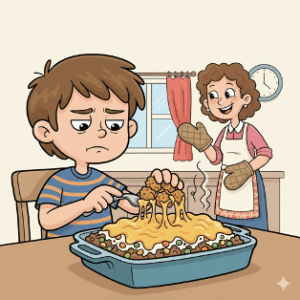Sunday, December 10, 2023
Monday Motivator #16 2023-24
What Kenny Taught Me
A language arts classroom can be a difficult place for young learners who struggle to sit quietly. Tradition tells us that in a school setting, reading and writing requires focus, stillness, and calm. Students should noiselessly be taking in knowledge by reading and understanding words, churning out paragraphs, keeping with the rituals and habits of learning to read and write.
Subscribe to:
Post Comments (Atom)
Monday Motivator #23 2025-26
New Teacher’s Guide to Motivation & Engagement by Curtis Chandler · Published 01/11/2026 · Updated 01/29/2026 I still remember t...

-
10 Ways to Sabotage Your Classroom Management by MiddleWeb · Updated 08/03/2024 https://www.middleweb.com/19037/10-ways-sabotage-clas...
-
Research-Based Tips for Optimal Seating Arrangements The right approach to seating works behind the scenes to keep students focused on lea...
-
Charts at Tools, Charts as Teachers We’ve all been in (or, at times, have been) the classroom that has chart paper as wallpaper. Every ope...


No comments:
Post a Comment